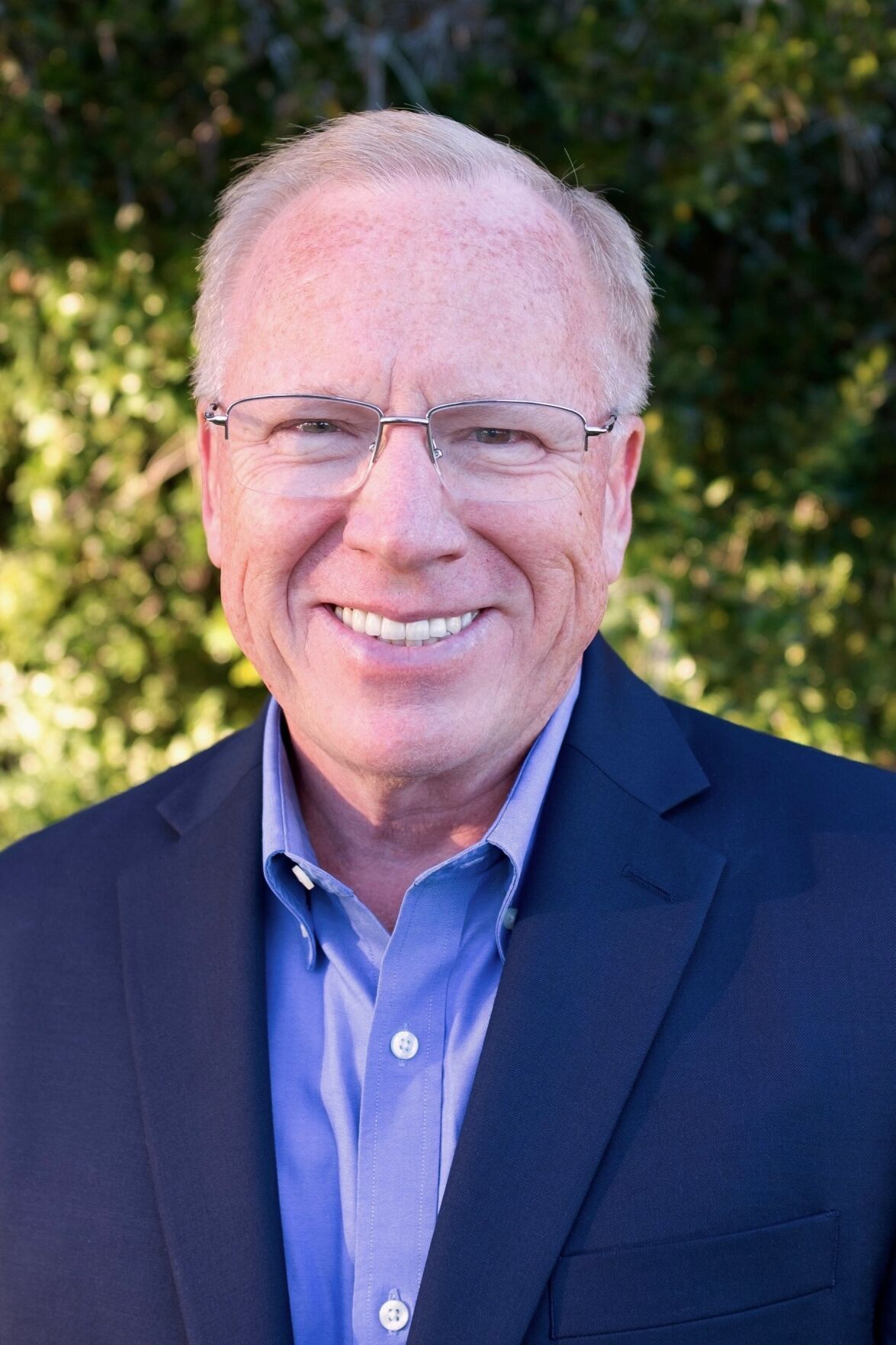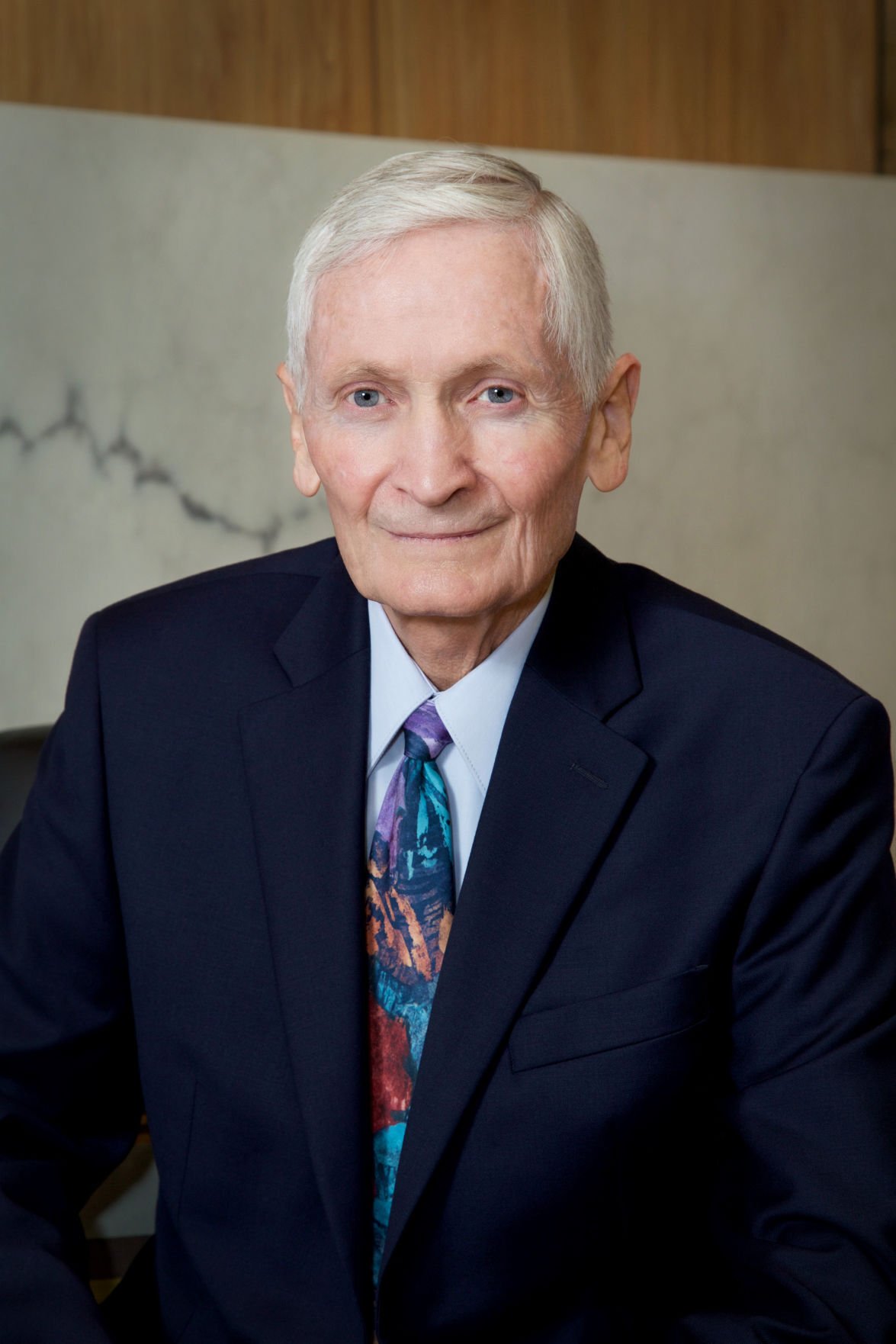Communist refugees are expressing alarm over New York Assembly member Zohran Mamdani’s recent remarks advocating for “seizing the means of production.” In a resurfaced clip, the Democratic Socialist urges support for unpopular issues, sparking fear and criticism.
Zohran Mamdani’s ‘chilling’ call for ‘seizing the means of production’ draws outrage from communist refugees: ‘Dangerous and scary’

Key Takeaways:
- Zohran Mamdani promotes unpopular socialist issues.
- Calls for “seizing the means of production” spark outrage.
- Communist refugees find his comments “dangerous and scary.”
- Advocacy includes boycotts and sanctions against Israel.
- Mamdani urges continued support despite unpopularity.
Resurfaced Remarks Stir Controversy
A resurfaced video clip featuring New York Assembly member Zohran Mamdani, a self-described Democratic Socialist, has ignited controversy and concern. In the clip, Mamdani emphasizes the importance of championing certain socialist issues that he acknowledges are currently unpopular.
Championing Unpopular Causes
Mamdani specifically mentions “boycotts, divestment and sanctions against Israel” as causes that socialists “firmly believe in” but are not widely accepted at the moment. Despite their unpopularity, he urges fellow socialists to continue advocating for these issues.
“Seizing the Means of Production”
Perhaps most provocatively, Mamdani references “the end goal of seizing the means of production.” This statement has drawn significant attention and criticism, as it touches on a core principle of socialism that involves transferring ownership of production from private to public control.
Refugees Express Alarm
Communist refugees have voiced their outrage and concern over Mamdani’s remarks. Describing his comments as “dangerous and scary,” these individuals have firsthand experience with regimes that attempted to implement similar policies, often leading to repression and hardship.
A Call to Action Despite Unpopularity
Mamdani’s insistence on promoting these contentious issues highlights a divide within political discourse. His stance raises questions about the role of unpopular ideas in shaping policy and the responsibilities of public officials in representing their constituents’ views.
Conclusion
The controversy surrounding Zohran Mamdani’s remarks underscores the ongoing debates over socialist principles in modern politics. As reactions continue to emerge, the conversation reflects deeper tensions about ideology, history, and the direction of advocacy in the public sphere.











